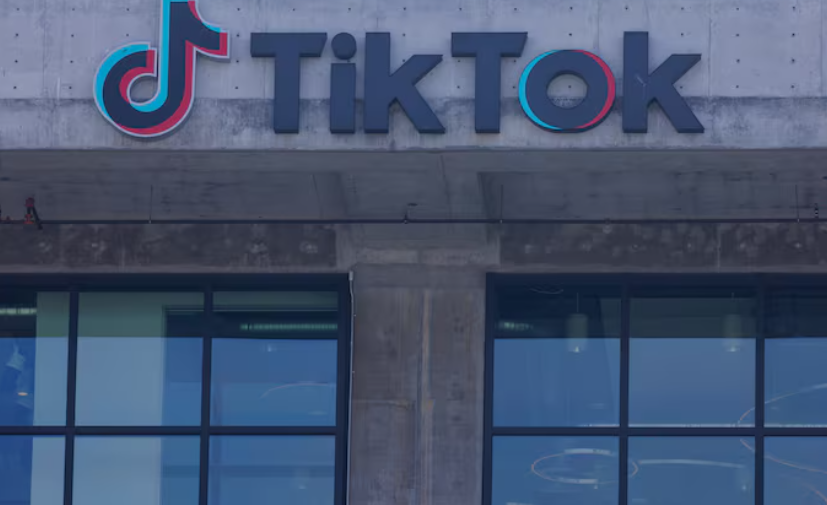TikTok must act swiftly to bring its case before the U.S. Supreme Court after an appeals court rejected its request for additional time on Friday. The decision leaves TikTok and its Chinese parent company, ByteDance, with less than a month to comply with a new law requiring ByteDance to divest from the popular short-video app by January 19 or face a nationwide ban.
Appeals Court Denies Extension
Earlier this week, TikTok and ByteDance filed an emergency motion with the U.S. Court of Appeals for the District of Columbia, arguing that the divestment mandate would effectively shut down TikTok, a platform with over 170 million domestic monthly users. However, the court ruled unanimously against granting a delay, stating that TikTok failed to cite any precedent where a court had enjoined an Act of Congress after rejecting constitutional challenges.
Following the court’s decision, TikTok announced its intention to seek intervention from the Supreme Court. A spokesperson emphasized the app’s commitment to defending users’ free speech rights, citing the Court’s historical support for such protections.
National Security Concerns and Divergent Views
The U.S. Justice Department argues that TikTok’s ties to ByteDance represent a persistent national security threat due to potential Chinese government access to user data. In response, TikTok asserts that these concerns are overstated, noting that user data is stored on Oracle-operated U.S. servers, and content moderation decisions for U.S. users are handled domestically.
Despite these assurances, the law gives the U.S. government broad authority to ban foreign-owned apps deemed a threat to Americans’ data privacy, with TikTok being the most prominent target.
Political Uncertainty Ahead
The next steps rest with President Joe Biden, who could grant a 90-day extension to the January 19 deadline. If he declines, the situation shifts to Republican President-elect Donald Trump, who will assume office on January 20. Trump previously attempted to ban TikTok during his first term in 2020 but has since indicated he would oppose such a ban if re-elected.
Adding to TikTok’s challenges, leaders of a U.S. House committee on China warned Alphabet (Google’s parent company) and Apple to prepare to remove TikTok from their app stores by January 19 if ByteDance fails to divest.
Implications for TikTok and Tech Industry
If the Supreme Court declines to intervene, TikTok’s future in the U.S. could depend on political decisions and its ability to convince lawmakers and regulators of its independence from China. The case underscores the growing tension between national security concerns and the global operations of tech giants, potentially setting the stage for broader debates on the regulation of foreign-owned digital platforms.

